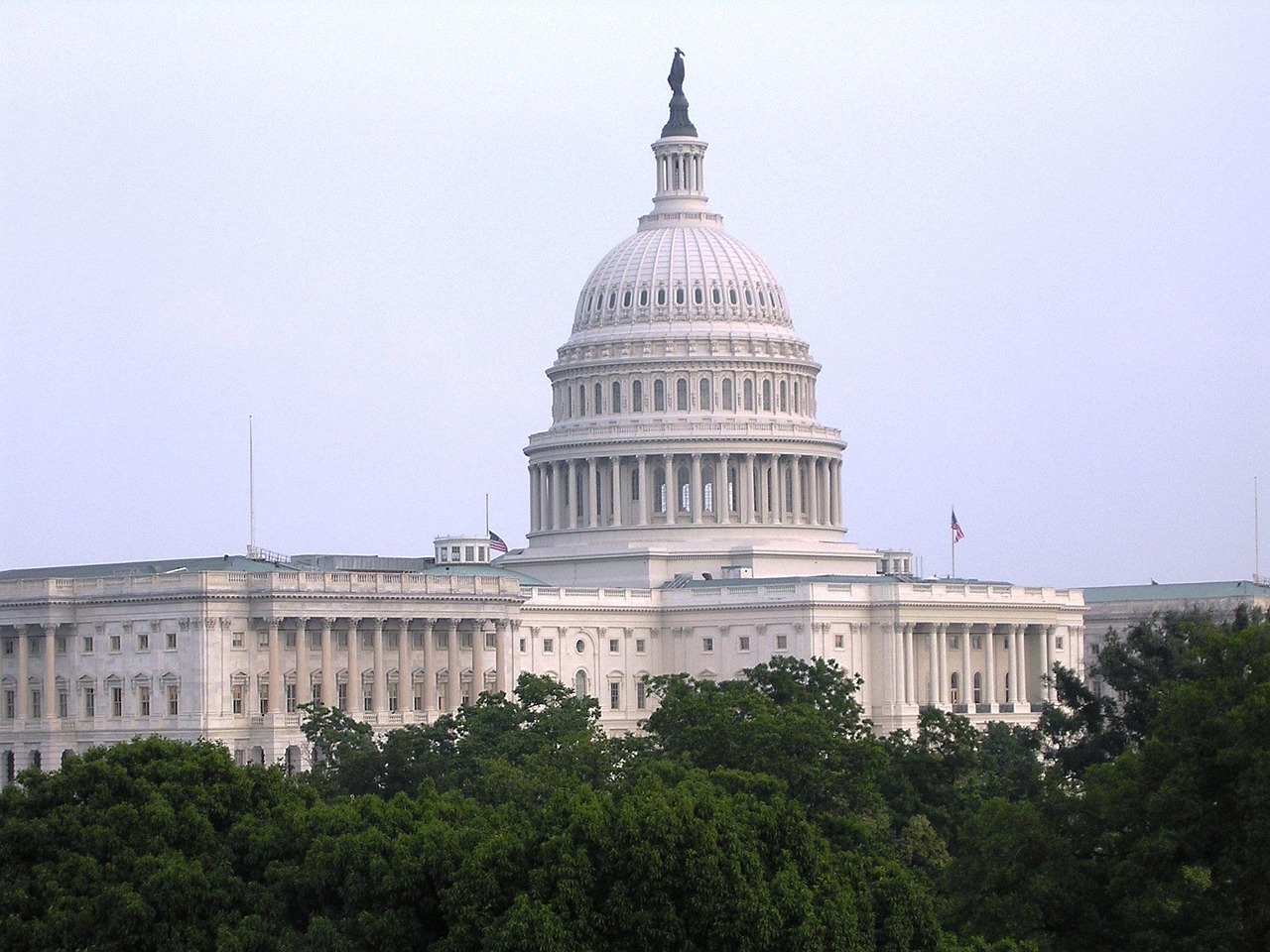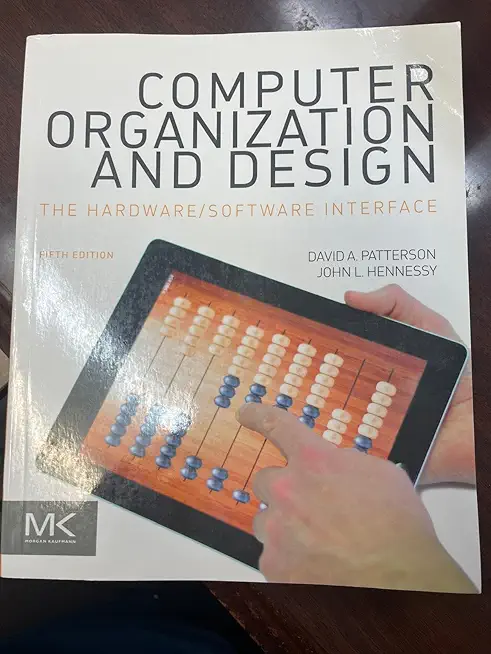
federal intervention National Guard D.C.
Since President Donald Trump federalized the police force and deployed the National Guard across Washington, D.C., nearly a month ago, tensions between local leaders and Congress have escalated significantly. This assertive federal presence has ignited fierce debates over local autonomy, public safety, and the appropriate scope of federal authority in the nation’s capital. D.C. officials, including shadow senators and Council members, have been lobbying Capitol Hill to resist a series of Republican-backed bills aimed at rolling back the city’s self-governance and criminal justice reforms. Their argument underscores the precariousness of D, especially regarding federal intervention, including Washington D.C. politics applications in the context of National Guard deployment, particularly in Washington D.C. politics.C.’s unique status: a local community under direct congressional oversight, struggling to assert its rights amid national political struggles. Advocates warn that dismantling D.C.’s autonomy poses risks beyond the city, as similar federal interventions could spread to other jurisdictions (Roll Call, September 2025).
At public events, local leaders highlight the chilling effect of armed troops patrolling neighborhoods, emphasizing economic damage and community disruption. They note that while the president’s takeover of the Metropolitan Police Department is statutorily limited to 30 days without congressional consent, the National Guard deployment lacks such a clear expiration, raising concerns about indefinite federal occupation. This federal-local tension is compounded by legislative proposals that would eliminate the city’s elected attorney general, lower juvenile trial ages, and increase penalties on homeless encampments in the context of federal intervention, including Washington D.C, particularly in National Guard deployment, including Washington D.C. politics applications. politics applications. These bills signal an aggressive congressional effort to reassert control over D.C., challenging the city’s progressive policies and fueling fears among residents and advocates alike.
Questions remain about how Congress, especially Democrats now in the minority, will respond to these measures. Will they protect D.C.’s autonomy despite political pressures related to crime and public safety? Or will they acquiesce, enabling a precedent of federal overreach into local governance?
National Guard federal intervention
The deployment of the National Guard and federal agents to enforce order in Washington, D.C. has not only stirred political controversy but also legal opposition. D.C in the context of federal intervention, especially regarding Washington D.C. politics, especially regarding National Guard deployment in the context of Washington D.C. politics. Attorney General Brian Schwalb has filed lawsuits challenging the legality of these federal interventions, arguing that the use of troops for law enforcement purposes violates established legal boundaries. These suits reflect broader concerns about the militarization of civilian spaces and the erosion of civil liberties. The legal actions come in the wake of a recent federal court ruling that blocked a similar National Guard deployment in Los Angeles, suggesting judicial skepticism about the administration’s approach (Roll Call, September 2025).
The presence of heavily armed troops in civilian neighborhoods has polarized residents and elected officials. While some praise the increased security and deterrence of crime, others decry the tactics as excessive and harmful to community trust in the context of federal intervention, particularly in Washington D.C, especially regarding National Guard deployment, especially regarding Washington D.C. politics. politics. Representative Ayanna Pressley described the experience as “whiplash,” pointing to incidents where federal agents have detained residents aggressively, sparking outrage and fear. Conversely, some Republicans argue that the federal force addresses immediate crime concerns, though they warn that long-term solutions require trained law enforcement rather than military personnel. These divergent views highlight a fundamental debate about the proper role of federal power in local policing and civil order.
Will courts continue to limit federal deployments in cities? How will political leaders balance the demands for security with protecting civil liberties in the District and beyond?

Trump federal intervention capitalism
President Trump’s decision to direct federal ownership stakes in major private companies like Intel and U.S. Steel marks a significant departure from long-standing Republican economic principles. Traditionally, the GOP has championed free-market capitalism and opposed government involvement in private industry. However, Trump’s administration has embraced a more interventionist industrial policy, asserting national security and economic competitiveness as justifications for government equity stakes in the context of federal intervention, particularly in Washington D.C, especially regarding National Guard deployment, especially regarding federal intervention, including Washington D.C, especially regarding National Guard deployment. politics applications. politics. The recent announcement of a $9 billion government purchase for a 10 percent share of Intel exemplifies this shift, revealing a strategic pivot toward state involvement in critical technology sectors (Roll Call, 2025).
This approach has sparked unease and criticism among prominent Republicans. Senator Rand Paul questioned whether such ownership constitutes a form of socialism, while Senator Thom Tillis warned of a Soviet-style semi-state enterprise emerging under this policy. Conservative commentators have likewise condemned the move as an expansion of government power inconsistent with free-market values in the context of federal intervention, including Washington D, including National Guard deployment applications, especially regarding Washington D.C. politics.C. politics applications. They argue that government control over private firms, even partial, risks politicizing business decisions and undermining innovation. Trump’s defenders counter that these interventions are pragmatic responses to global economic challenges and necessary to secure America’s technological future.
How will this evolving stance on industrial policy affect Republican economic orthodoxy? Can the party reconcile free-market rhetoric with government ownership, or is this indicative of a broader ideological transformation?
federalism and national security
The controversies surrounding federal troop deployments in D.C. and government stakes in private industry reflect deeper questions about the balance of power in American democracy. Critics warn that these actions, particularly the militarization of civilian areas and federal acquisition of corporate shares, threaten fundamental individual freedoms and the traditional limits on government intervention, particularly in federal intervention, particularly in Washington D.C. politics, including National Guard deployment applications, including federal intervention applications, including Washington D.C in the context of National Guard deployment. politics applications. Descriptions of these policies as steps “on the road to fascism” underscore fears about authoritarian tendencies emerging under the current administration (Roll Call, 2025).
At the same time, proponents argue that heightened federal involvement is justified by urgent national security concerns and the need for decisive action in the face of crime and economic competition. This tension illustrates a broader debate over the role of the federal government: whether it should act as a hands-off regulator or an active participant in public order and economic affairs. The D, including federal intervention applications, especially regarding Washington D.C, including National Guard deployment applications, particularly in Washington D.C. politics. politics.C. situation serves as a microcosm of this national struggle, where local autonomy clashes with federal prerogatives, and ideological commitments face pragmatic challenges.
Will the United States see a recalibration of federalism and governance norms? How will these developments shape future policy debates on the limits of federal power?

D.C. economic policy public opinion
The political battles over D.C. and economic policy are complicated by changing alliances and public sentiments. Democrats, though in the minority, must balance protecting D.C.’s autonomy against rising calls for crime control and federal intervention, including Washington D.C. politics applications, including National Guard deployment applications, particularly in federal intervention, particularly in Washington D.C, including National Guard deployment applications. politics. Some House Democrats have already crossed party lines on bills targeting D.C.’s sanctuary policies and criminal code reforms. On the Republican side, there are fractures as some members question the militarization of policing and expansive government ownership of industry. This intra-party dissent reveals uncertainties about the direction of conservative policy under Trump’s leadership (Roll Call, 2025).
Public opinion adds another layer of complexity in the context of Washington D.C, especially regarding National Guard deployment, including Washington D.C. politics applications. politics. Polls indicate considerable dissatisfaction with the administration’s economic management, with many Americans disapproving of the president’s approach to jobs and the economy. This discontent may influence lawmakers’ calculations as they navigate the competing demands of party loyalty, constituent interests, and ideological consistency.
① How will these shifting coalitions affect legislative outcomes related to D.C. and economic policy? ② Can bipartisan consensus emerge on the limits of federal intervention? ③ What role will public opinion play in shaping congressional responses to these controversial actions?




